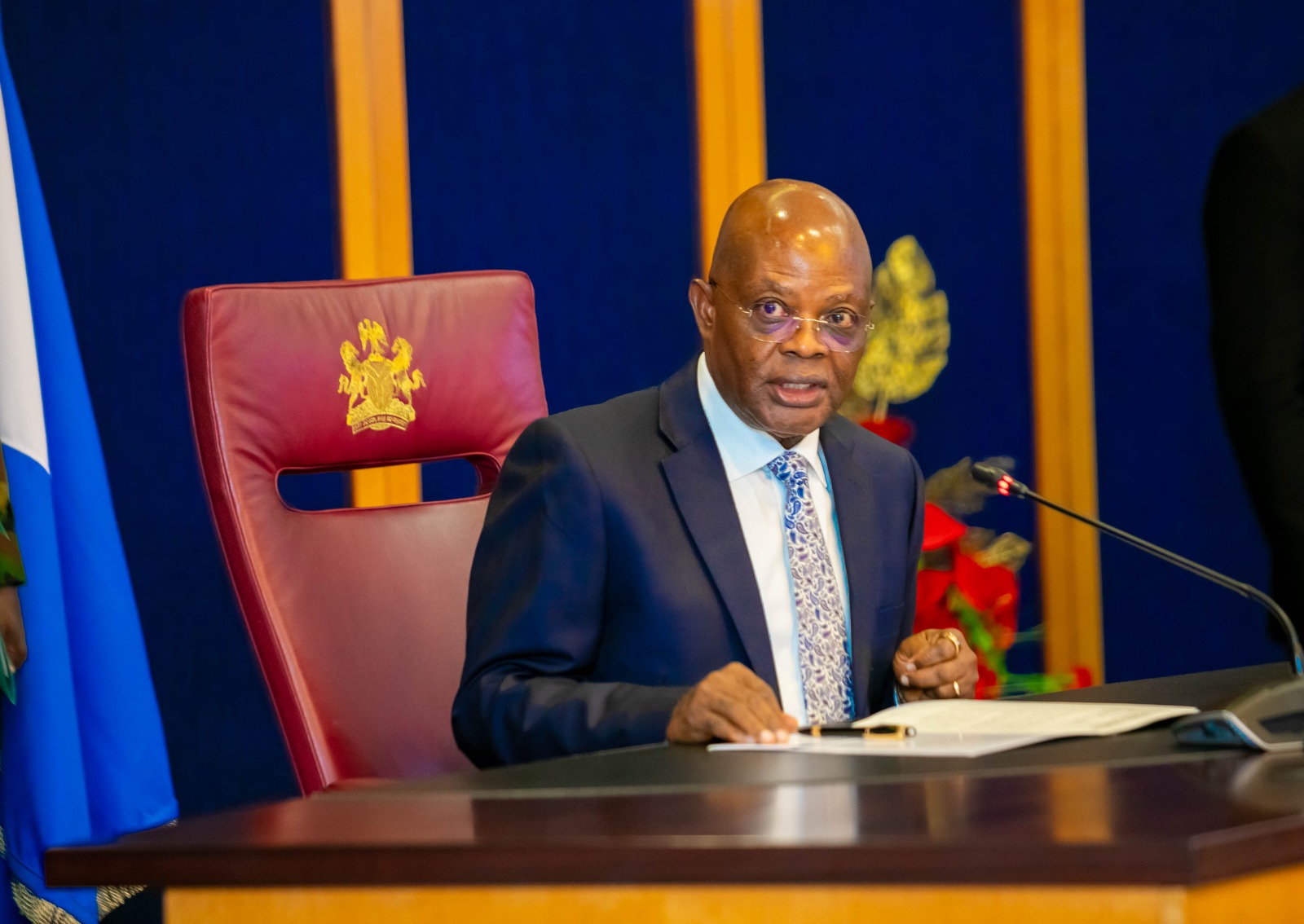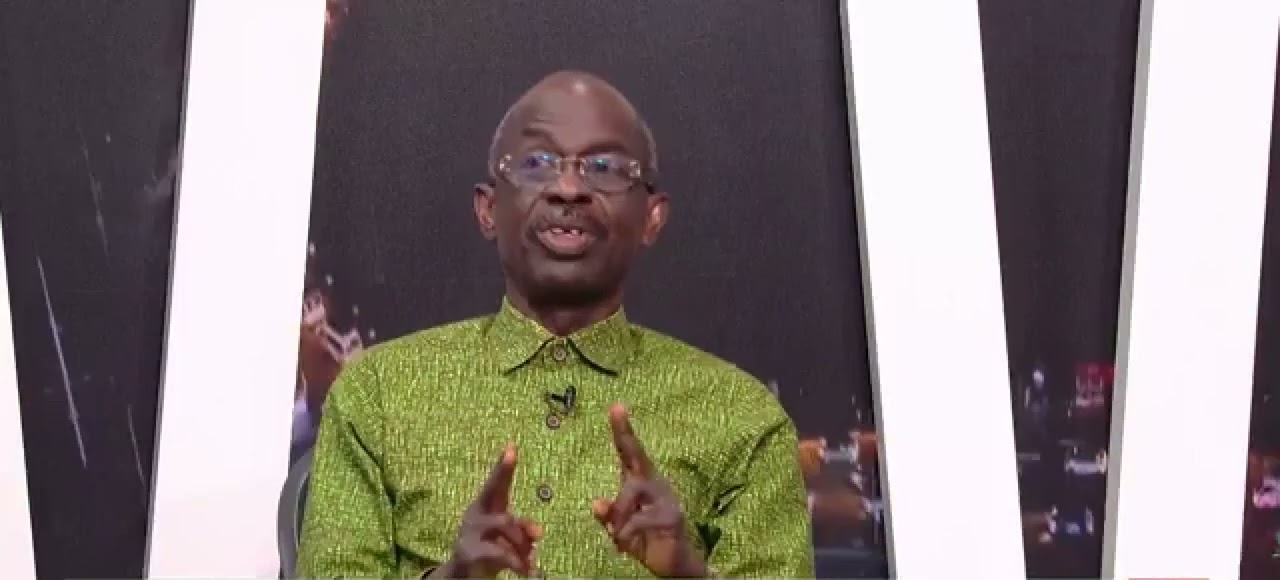Senegal Secures $115 Million from World Bank to Tackle Fiscal Challenges - Ecofin Agency
The World Bank, through the International Development Association (IDA), has approved $115 million in concessional financing for Senegal. This funding aims to improve public debt sustainability, strengthen public financial management, and boost domestic resource mobilization. The announcement was made in a statement released on June 24, 2025.
This financing will support Senegal’s 2025-2029 reform agenda, known as the SEN-FINTRAC program (Sénégal pour la transparence et l’assainissement des finances publiques), which aligns with the country’s Vision 2050 strategy. "This initiative supports Senegal’s ambition to build a more transparent, accountable, and resilient public financial management system," said Keiko Miwa, the World Bank’s Country Director for Senegal.
In February 2025, Senegal’s Court of Auditors revealed that the country’s debt-to-GDP ratio had reached nearly 100% by the end of 2023. This figure was far above the previously reported 74% and triggered a wave of fiscal reforms.
A public finance audit conducted earlier this year found that Senegal’s actual budget deficit averaged 11%, reaching 12.3% in 2023. This was well above the officially declared 4.9%. The audit also uncovered irregular fiscal practices, including artificially assigning revenues from one fiscal year to the previous one to mask the deficit. As a result, the International Monetary Fund (IMF) froze disbursements under its program with Senegal after authorities admitted to misreporting debt and deficit data.
The SEN-FINTRAC program aims to restore fiscal transparency, ensure debt sustainability, and modernize the country’s tax and financial administration. SEN-FISCALE, the program’s operational arm, is designed to respond urgently to the audit’s findings and to the priority recommendations issued by the IMF’s Public Financial Management advisory services (ASA).
The World Bank package includes $105 million for a Performance-for-Results (PforR) program and $10 million in technical assistance to support change management, digital transformation, and institutional capacity building.








